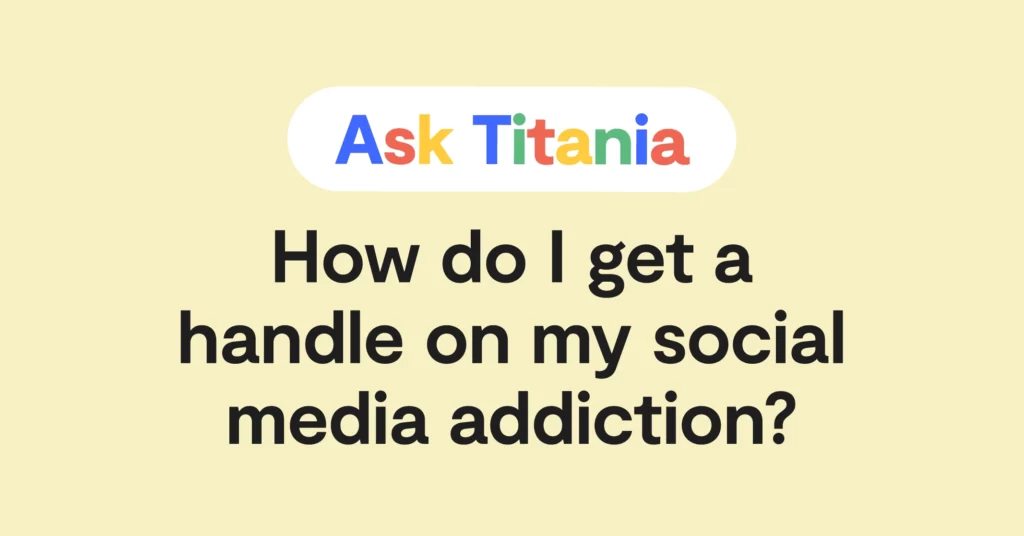
**This blog post was updated on December 5, 2023.**
Children, especially teens, can be fiercely private and protective of their phones. This makes it tricky as a parent to make sure your child is behaving safely and appropriately online. It’s no secret that sexting is on the rise among young adults, but there is good news. With patience, love, and a little helpful information, you can guide your teen through better decision-making. So, what do you do if your child is sexting?
Step one is to start an open-minded conversation about sexting and the dangers related to it. You should be able to gauge whether they know what it is or if they've taken part based on their reaction and willingness to have a discussion.
You can watch for some clues that your child might be sexting. If they're hiding their phone from you or deleting text messages and other notifications as soon as they are received, that is a potential sign. While these don't confirm your child is sexting, they are good indicators that something may be wrong.
Having the Talk
If you suspect your child has been sending messages, try your best not to freak out. Parents often react with harsh comments and immediate confiscation of phones. But you may be better served by an understanding approach. Teens are generally already embarrassed about sex. If you approach them with hostility, they’ll likely shut down and not respond well.
Let your child know that you are there to support and guide them. But also make it clear that sexting is dangerous and can lead to unforeseen consequences. If your child is showing this behavior for the first time, they may just be trying to fit in with their peers.
You may feel inclined to take your child’s phone right away, but this could deteriorate trust between you. They may also stop coming to you with future issues. Instead, implement device time boundaries. This limits the amount of time they are on their phone unsupervised but keeps a level of trust intact. Lots of families use the "no devices outside shared areas" rule so that risky behavior is curtailed.
The Legal Ramifications of Sexting
Other than the social and moral implications of sexting at a young age, kids can experience serious legal problems. It’s important to be aware of these risks so you can explain them in a way your child can understand.
First and foremost, sexual images of minors are illegal everywhere. This is true even if a minor took these pictures. It is also illegal in many jurisdictions for a minor to distribute these images, even if they are the ones in the image.
There are cases where minors have been charged with possession or distribution of child pornography after sharing and receiving pictures with other minors. This is a serious charge and can have ramifications following them through their lives and careers.
How Bark Can Help
Using a tool like Bark can help monitor online communication to flag inappropriate behavior. This means if your child is texting a nude photo, you'll get an alert so you can check in and make sure everything is okay.
When it comes to what to do if your child is sexting, it’s better to educate yourself about the dangers of it than assume your child wouldn't participate. When confronted with potential legal ramifications, many teenagers are competent enough to understand sexting isn’t worth the risks.
Read more
Bark helps families manage and protect their children’s digital lives.





